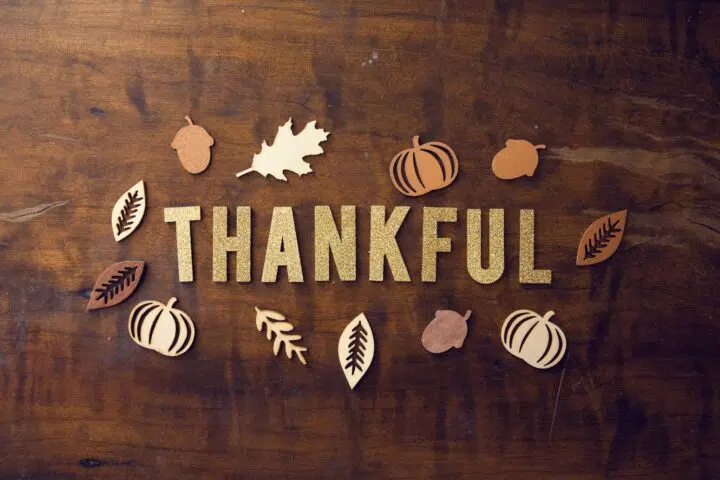Last week I talked about how my professors’ high expectations motivated me. This week, I want to put a slightly different spin on that. See, I was a history major, which meant writing tons of 10 and 20-page papers. One year, I was taking a Native American Studies class. My professor was passionate about her subject. She gave us some suggestions for our final papers, but also told us we could choose our own topic.
I decided to write about how Native Americans had been portrayed in film. When I turned in the paper, my professor called me into her office. She tossed the paper at me and said, “What is this? This is not scholarly study, this is pop culture. It’s fluff.”
“I disagree,” I said. “Pop culture is what most people relate to. The vast majority of the citizens in this country know nothing about Native American culture or policy. What they know about Indians is only what they have seen on film. They believe a Hollywood myth.”
“That is not why you wrote this paper,” she said. “You wrote it because it was easy. You can take a B (after all, I had done all the research required) or you can rewrite it.” I chose to take the B, mostly because I was angry with her for not seeing my point. I confess there was a flicker of truth in her accusation, though I hadn’t chosen the topic because it was “easy,” I chose it because it interested me, and it’s easier to write a long paper when you are engaged.
But of all the papers I wrote in college that is one of the few I remember well. And to this day, I’m watchful of how Hollywood portrays Native Americans and all ethnic groups. I question what I see on the big screen. I seek to learn more. I share my concerns with others.
My point here is, don’t let anyone tell you your art is “beneath you” or “too easy.” If you worked hard on it, if it has meaning to you, if you see value in it, if you are learning and growing, the work is what it needs to be.
If you like this post, please share it.


